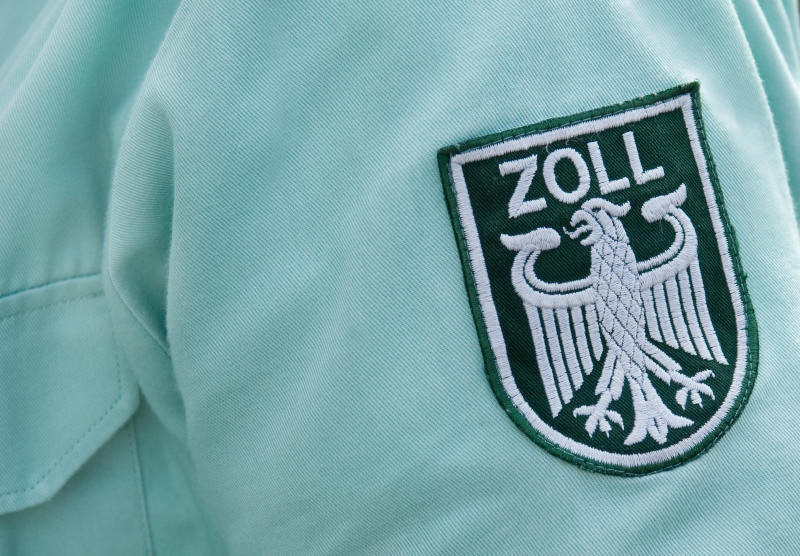Changes in the new year: German Partnership Law Modernization Act
- 12/29/2023
- Reading time 6 Minutes
On January 1, 2024, the German Partnership Law Modernization Act (“MoPeG”) will come into force. The new legal regulations mainly affect civil law partnerships (“GbR”), but some standards relating to commercial partnerships have been amended as well. An overview of the major changes due to the MoPeG.
Changes in GbR law
a) Legal distinction between GbR with legal capacity and GbR without legal capacity
From January 1, 2024, the law makes a general distinction between the GbR with legal capacity (Art. 706 to 739 BGB, as amended) and the GbR without legal capacity (Art. 740 to 740c BGB, as amended). Generally, the legislator assumes the GbR with legal capacity to be the standard case. In particular, a GbR is assumed to have legal capacity if it operates a business under a joint name, or if the GbR has been entered in the newly created company register, which must then bear the legal form supplement “eGbR”.
b) Status change
In future, it will also be possible for a GbR to change its status between the company register, commercial register and partnership register while retaining its identity, without the process falling under the provisions of the German Reorganization Act (UmwG).
c) Company register
A new company register is being created. Even though registration in the company register is generally voluntary, registration is indirectly required in many cases: If a GbR wishes to acquire or dispose of rights which are entered in a register, the acquisition’s or disposition’s execution in the respective register will in future require the GbR’s prior registration in the company register (pre-registration requirement). This applies in particular to rights to real estate, shares in a GmbH, shares in a commercial partnership or in an eGbR itself.
Application for entry in the company register must include at least the following information: (i) GbR’s name, registered office and address, whereas the latter must not necessarily be in Germany but in a EU country; (ii) every partner’s name, date of birth, place of residence (in case of individuals) or company name, legal form, registered office and, if provided, register and
register number (in case of legal entities or partnerships); as well as (iii) the partners’ powers of representation.
d) Obligation for registration in the company register in the event of a change of partners
A change of partners, even in the case of an existing GbR which is not registered in the company register but whose partners have been registered in another register in accordance with the legal situation up to December 31, 2023, effectively triggers an obligation for registration in the company register. This is due to the fact that the possibility of entering a GbR’s partners in the respective register (e.g., land register) has now been abolished in the course of the company register’s creation. Consequently, a change of partners can no longer be registered either.
With regard to the transfer or encumbrance of land or the transfer or encumbrance of a registered right, registration in the company register will in future not only be a mandatory procedural rule, but actually a substantive legal requirement. This follows from Art. 873 (1) BGB, according to which entry in the land register is a prerequisite for the transfer of ownership.
e) Effects of a priority notice already registered before January 1, 2024
If a priority notice has been registered or applied for registration in the land register and has been approved prior to the MoPeG’s coming into effect on January 1, 2024, the company can dispose of the secured claim even after the MoPeG’s coming into force in accordance with Art. 229 § 21 (4) sentence 2 EGBGB (Introductory Act to the German Civil Code) according to the previous legal situation. This enables disposition without having to register the company in the company register. The same applies if, in connection with a disposition, the agreement or approval and the application for registration have already been filed with the land registry before January 1, 2024.
f) Obligation for registration in the transparency register
As a consequence of the MoPeG, the effects on registration obligations in the transparency register must also be taken into account. Registered GbRs must report to the transparency register as they are considered registered partnerships within the meaning of the GwG (German Money Laundering Act).
Changes to the law on commercial partnerships
The MoPeG also amends provisions relating to commercial partnerships (OHG, KG).
a) Formal resolution
Art. 109 HGB (German Commercial Code), as amended, now also defines a formal procedure for the adoption of resolutions by partners for commercial partnerships, partly modeled on the provisions of the GmbHG (German Limited Liability Companies Act).
b) Action against defective resolutions (Beschlussmängelklage)
Following the example of existing provisions under German stock corporation law, a formal action against defective resolutions is introduced in Art. 110 et seq. HGB, as amended. The new regulations essentially correspond to the standards under stock corporation law for actions against defective shareholder resolutions. The action must be brought against the company within three months; the regional court at the company’s registered office has jurisdiction. The period for bringing an action can be shortened to one month in the articles of association.
c) Opening up commercial partnerships to members of the professions
The MoPeG also includes an opening up of commercial partnerships to freelancers. Art. 107 HGB as amended will in future allow members of the professions to establish a commercial partnership, including a KG or GmbH & Co. KG, if this is permitted by the respective professional code of conduct. In this case, registration in the commercial register has a constitutive effect.
d) Liability for the transfer of limited partner shares
Art. 176 (2) HGB, as amended, newly regulates liability for the transfer of limited partner shares. According to the previous regulation, a limited partner who acquires a limited partner’s share in an existing limited partnership has unlimited liability for such companies’ liabilities which were established between his entry and his entry’s registration in the commercial register. It is clear from the corresponding explanatory memorandum to the law that the sale of a limited partner’s share to another partner with the simultaneous departure of the sold limited partner share’s previous owner is not covered by this standard. This is also intended to apply to the sale of the limited partner’s share to a new limited partner.



